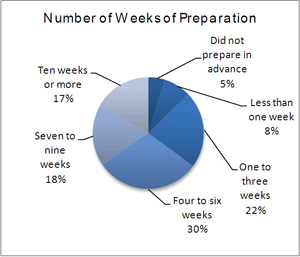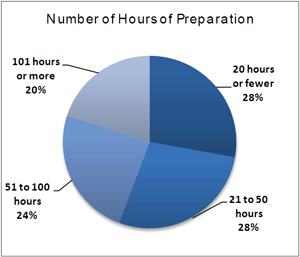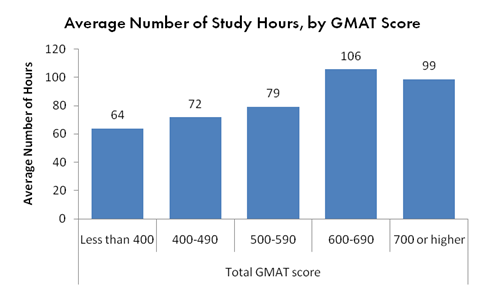How to apply as a re-applicant
/Not everyone get’s into business school on their first try. Don’t worry if that’s the case for you — many business schools explicitly welcome and encourage applications from re-applicants. But what can you do to make sure you' don’t set yourself up for the same disappointment?
Step 1: Gut Check
Before you invest any more time, make sure that your MBA school selection is reasonable based on the raw statistics of your profile. For example, if you are applying to the M7 and are not an underrepresented minority, is your GPA at least above 3.0 and your GMAT above 700? If not, I probably wouldn’t waste the application fee. If you need any help determining whether you have the raw stats for your choice of schools, feel free to fill out our What are my odds? form and we’ll have a conversation about it.
Step 2: Focus in on the Story
For every candidate, the area of the application that has the highest return-on-investment for admissions odds is the story. Everyone will tell you to write a good story (which isn’t very helpful, right? Why would you intentionally tell a bad one?). Essays that are fun to read are good. But the real key is in understanding the next level deeper of what other objectives you want your story to accomplish.
Step 3: Autopsy
What went wrong with your last story? The short way to accomplish your task at hand is to run a ding report to understand where your last story broke down last time:
Was it too complicated?
Did your goals lack credibility?
Did you fail to connect your candidacy to a larger cause or problem to solve?
Did you fail to create resonance through emotion and values?
Did you fail to articulate the urgency of your candidacy?
Many schools ask re-applicants to submit essays explaining what has changed in their life and career since their last application, so it is imperative to understand where you fell short so you can then show improvement.
Step 4: Tell your Narrative
When we lead our clients through the Narrative Bootcamp portion of our Complete School Packages, we start from the facts of their life and build an argument from the ground up as to why this background is the ideal preparation to solve a particular problem. We then explain how our client is on a mission to solve that problem, starting from an emotional origin story and proceeding to some important vision for the future. We then show how they are prevented from accomplishing that mission in their current position, but how business school will allow them to achieve that mission if admitted. We call this specific structure of story a "Narrative" and you can read some posts about it here and the process we recommend using here.
























